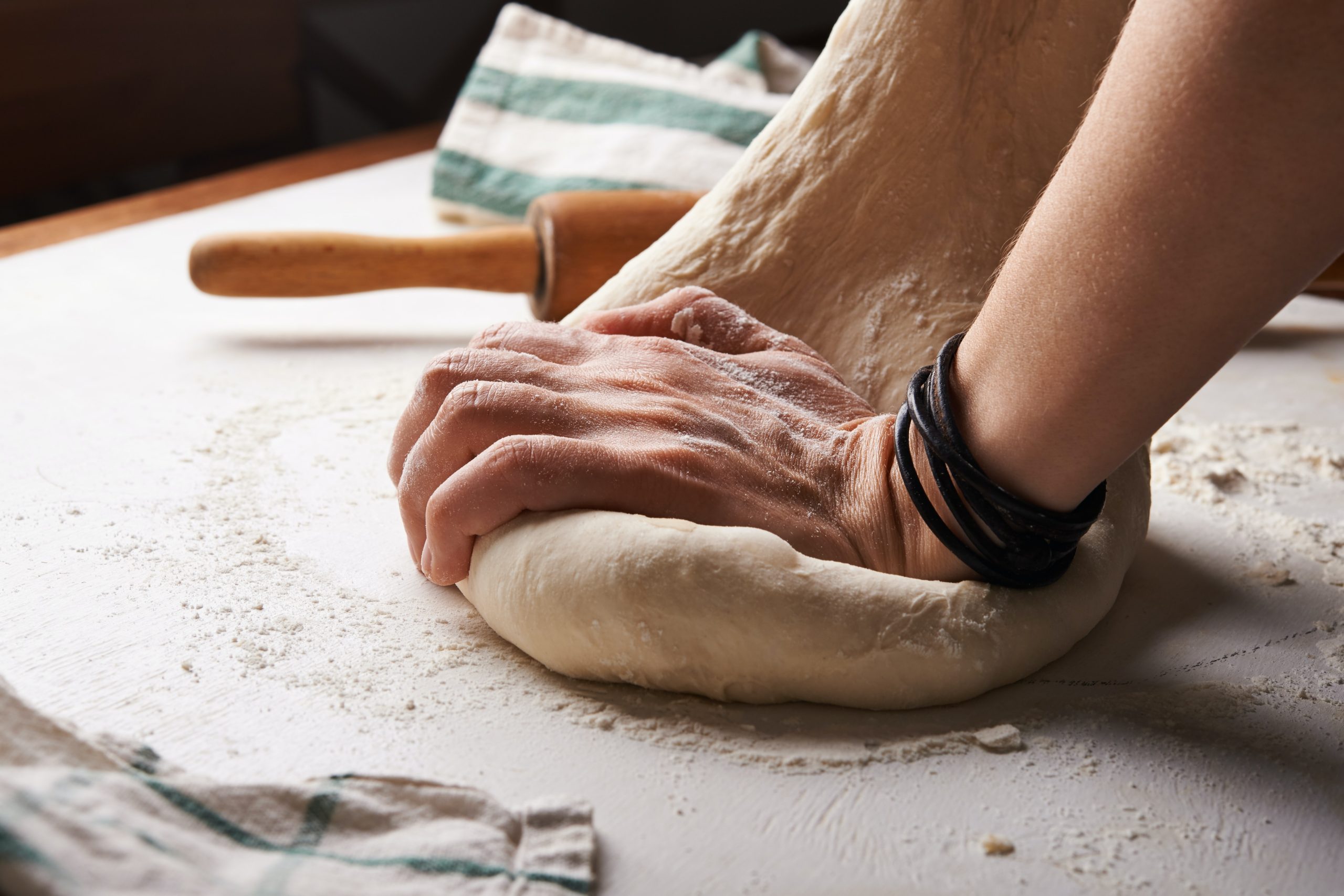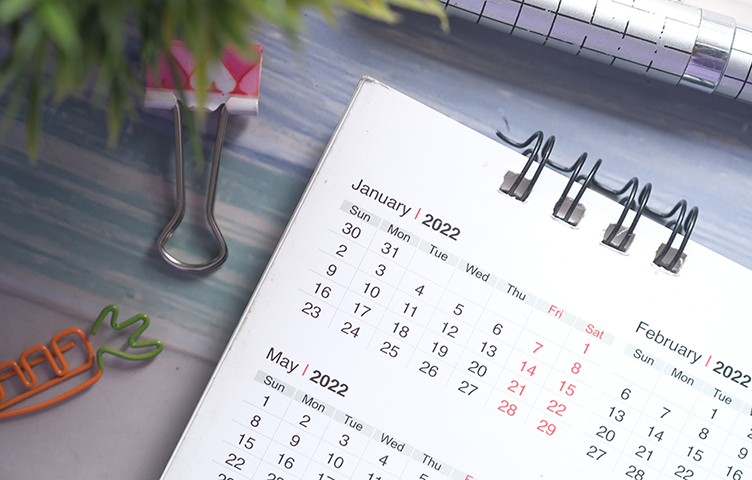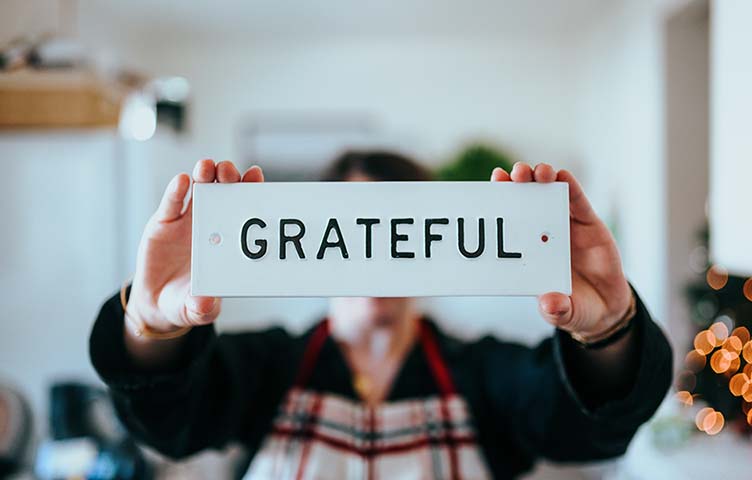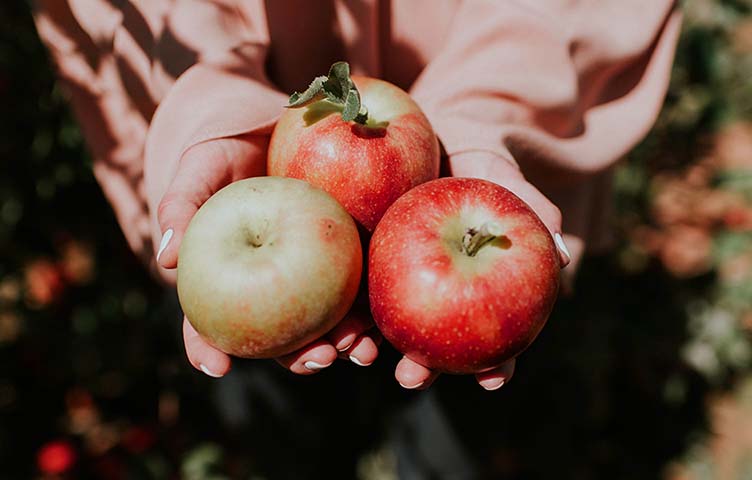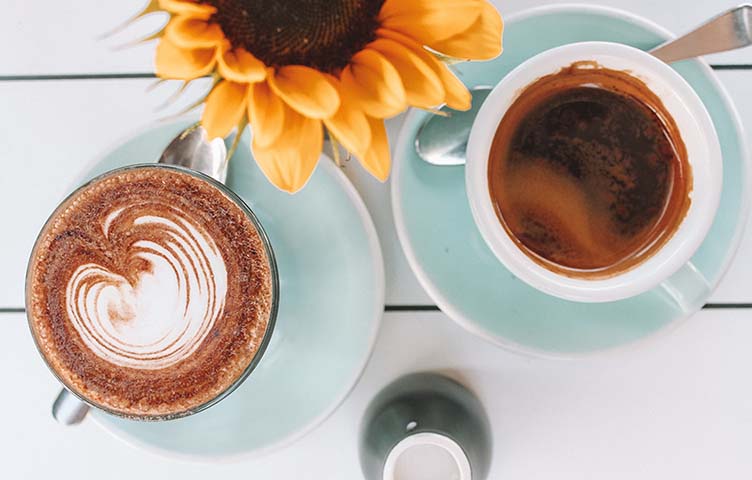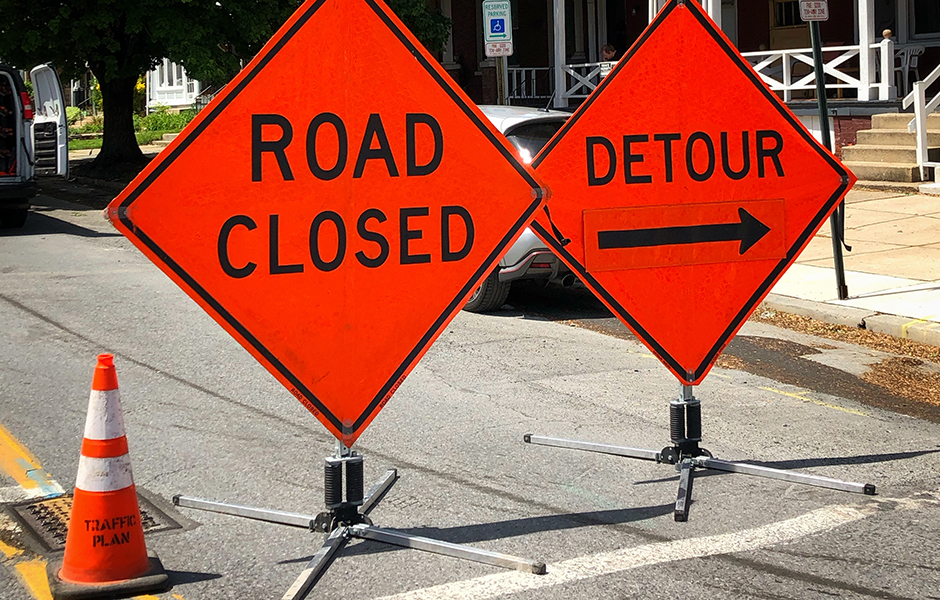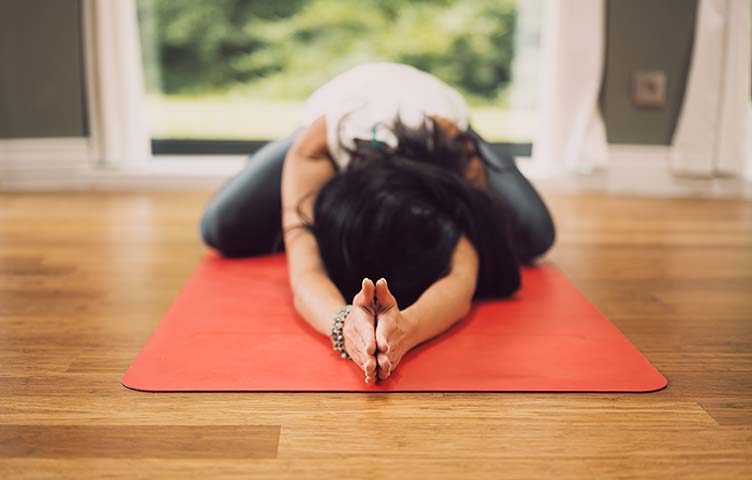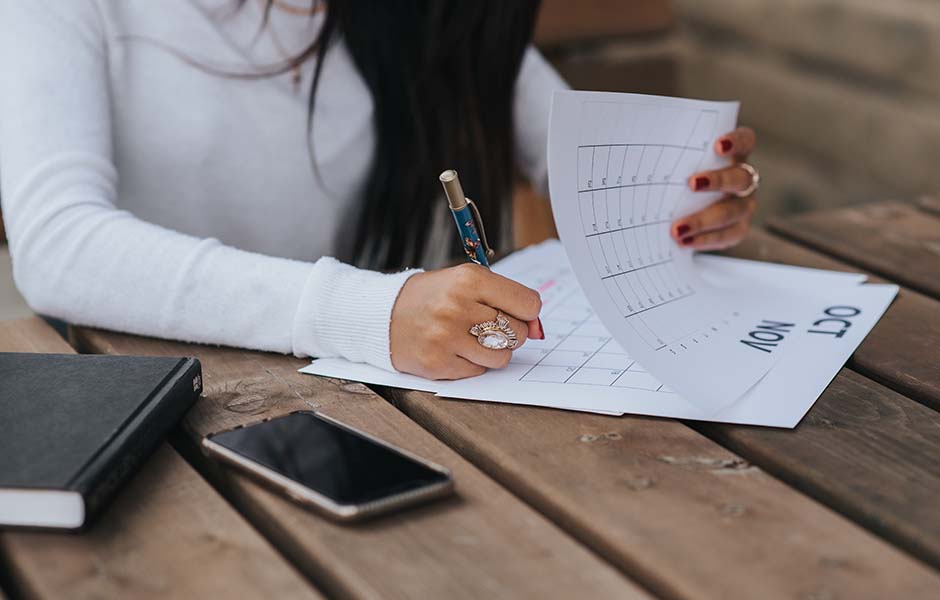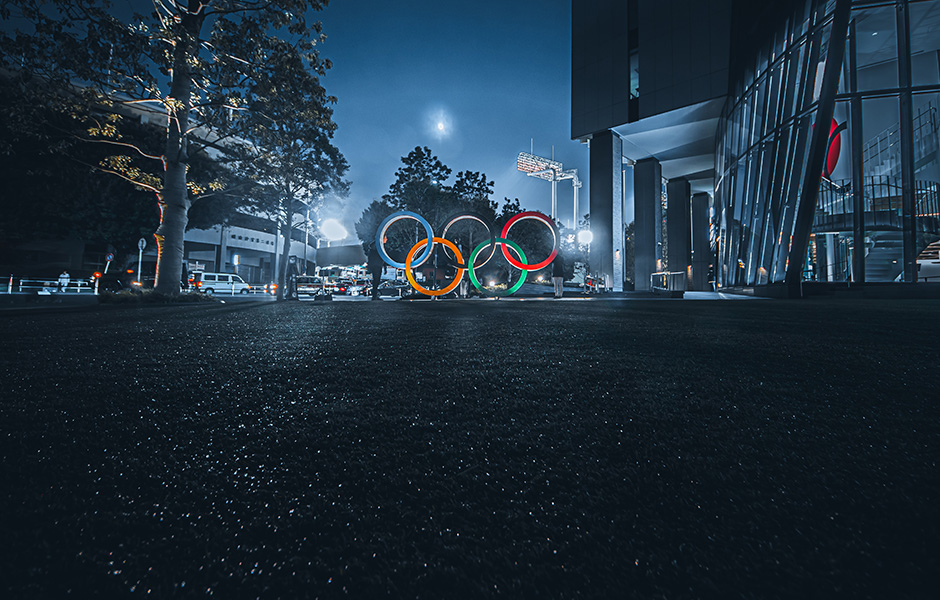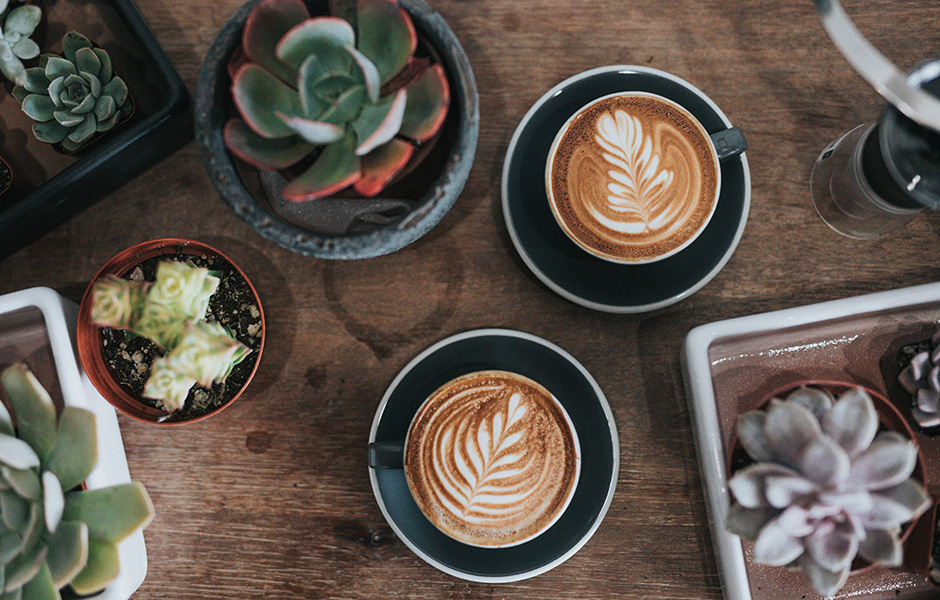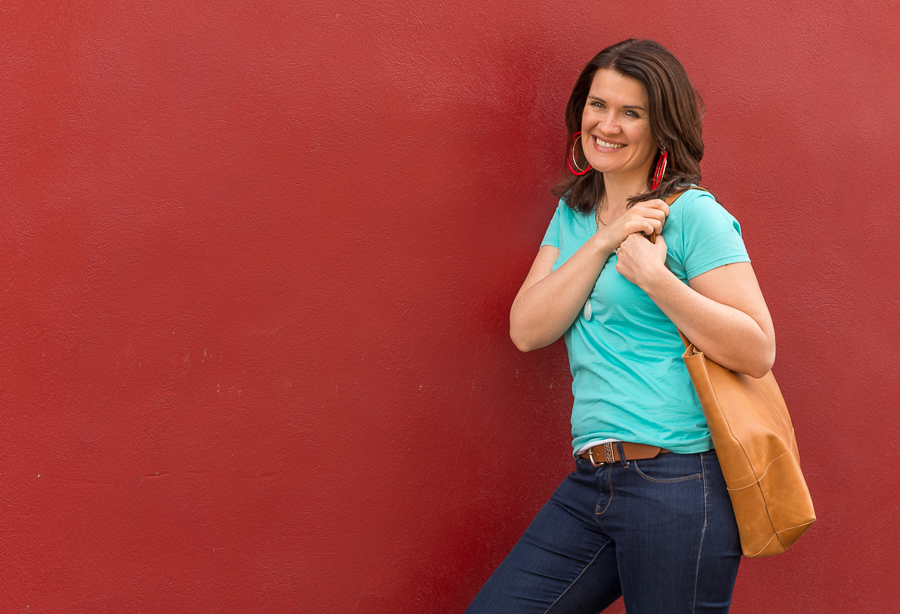Last week, I shared that this season I am making sourdough bread. What I didn’t tell you though is on my first try at making my starter, I failed. I’m pretty sure I killed all the yeast I’d brought to life.
What I didn’t tell you though is on my first try…I failed.
After making bread so many times, and reading up on the sourdough process from two different cookbooks, I went into this endeavor rather confident. Only when I finally made my starter, I didn’t read far enough to realize how important it is that your water is warm—but not too hot or it will kill your yeast.
When I did my first feeding, I warmed up my water, but didn’t check the temperature before adding it. Then the next day, my starter was flat, gooey, and looked rather unhappy. Quickly, I turned back to my bread book, and discovered my mistake. I had to throw away my starter, and begin again.
People have baked bread for thousands of years. Though amateurs like me still get it wrong, the rules of bread making are known.
Bread is one of the culinary foundations of our existence. People have baked it for thousands of years. Though amateurs like me still get it wrong, the rules of bread making are known. Yeast can only survive in certain conditions. Gluten only develops with liquid. Dough only rises at a rate determined by the temperature of the room that it’s in. And as creative as bread bakers can be, the rules are the same, and they are known.
Don’t you wish all the rules for success and life were known?
For almost a year now, we’ve been fighting, distancing, and masking against an unknown virus. There’s been social restrictions like we have never known. There has been division over the right way to handle this crisis. And now, with vaccines available, more tension is building within even our closest relationships.
For months, I’ve been having conversations with friends and loved ones about the vaccine. Some people I know are cautiously hopeful this will bring us back to a place of “normalcy.” Others have had bad reactions to vaccines in the past and are afraid of what will happen if they get it. There are those I know who have read up on it, and they are convinced it is the way to go. While others who have also done their research, have concluded otherwise. And when two people on opposing sides talk about this, inevitably stress mounts.
Only unlike making bread, the rules for this situation are not known. How the vaccine will effect you is not necessarily the way it will effect me, my elderly neighbor, or my friend with an autoimmune disease. Just as we’ve been learning how COVID is spread and who it most direly affects—we are still learning about these vaccines. Though they are based on years of researching various vaccines, they are still new. The rules are not fully known.
In situations like these, it can be tempting to dig in on our “side,” and get upset with those who disagree with us. Only, what we’re feeling in these instances is not self-righteousness or arrogance—
We’re afraid.
We’re afraid for our loved ones who might make a different choice than we do. We’re afraid they will suffer. Or we’re afraid we could be wrong, and we’ll suffer.
We are living in a world that continues to show us how much we still haven’t figure out. That nature and biology don’t always play by the rules we know.
All of us grew up being taught certain rules for our survival and success. Then we went to school and learned absolutes like two plus two always equals four. But we are living in a world that continues to show us how much we still haven’t figure out. That nature and biology don’t always play by the rules we know.
This lack of knowledge yields a sense of powerlessness that is scary. Only this fear can’t be what we rely on to tell us what is right. Nor can we allow it to divide us, for it will only weaken our resolve.
Some of us want this vaccine to be the answer. Others of us wish it was that easy. And the best answer for all of us right now is:
There is no absolute answer.
Like so many things in our life, we’re all just doing the best we can with what we’ve been given. And we need to learn how to give each other the space and grace we need to do just that. We’re in an unknown situation without enough history behind us to tell us the “rules.” In this way we are all explorers, and we need to make the best decision for us and those we love based on our individual situations.
We’re in an unknown situation without enough history behind us to tell us the “rules.”
So, if our loved one gets a vaccine, we need to support them. If they feel they need to wait, we need to continue to practice social distancing to protect them. If we get the vaccine, we shouldn’t make others feel bad if they’re not ready (and vice versa). New situations and crises mean new solutions need to be experimented with, but not enforced. Let us recognize we are in a situation without absolutes, and there still so much we don’t know.
How has fear played into your conversations with your loved ones about our world?
Where do you need the space and grace to make the right decision for you?
Where can you extend this grace to others?
Wishing you had started 2021 with more focus, but feeling like it’s too late to make any changes? It’s not! Sign up for my email list and get my FREE Start Here 2021—a guide to help you find focus and strength for the New Year.
Photo by Nadya Spetnitskaya on Unsplash

